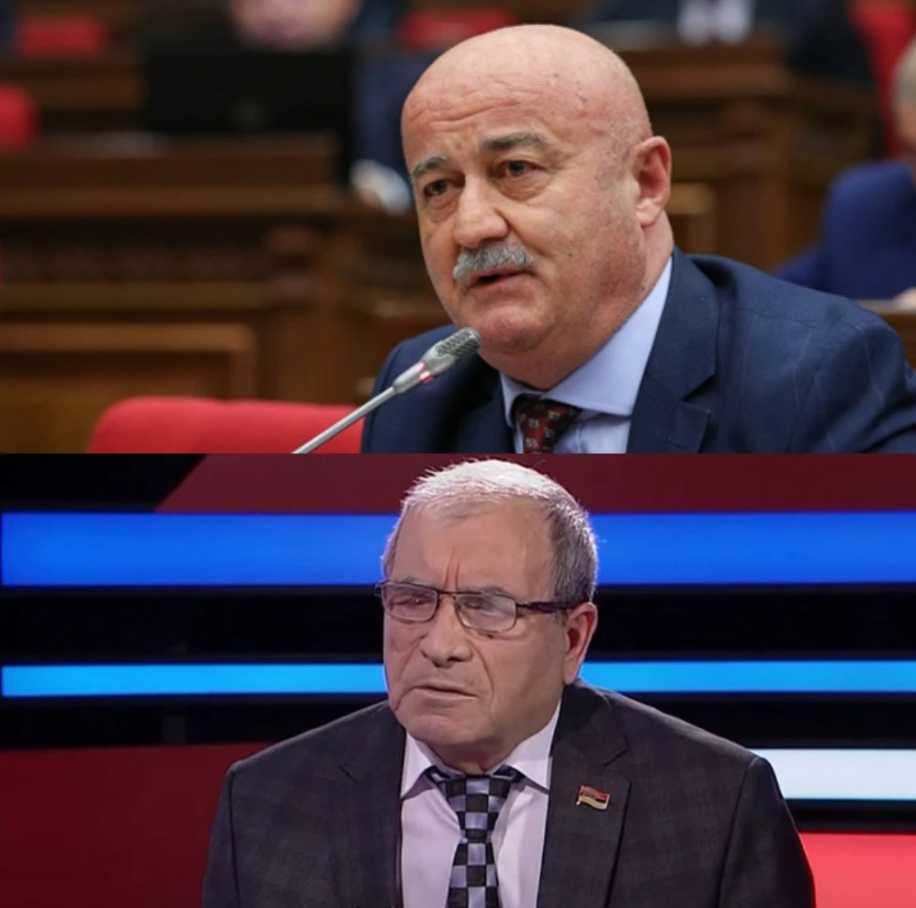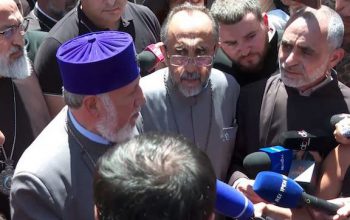Less than a month after being expelled from Nikol Pashinyan’s ruling Civil Contract party, two Armenian parliament members, Hovik Aghazarian and Hakob Aslanian, announced plans to form their own political party, tentatively called the United National Socialist Party. This development underscores the deepening fractures within Pashinyan’s government, reflecting its increasingly authoritarian leadership.
Aghazarian, who triggered the fallout by refusing Pashinyan’s November 17 texted “request” to resign, faced immediate repercussions. Unlike other officials who promptly complied, Aghazarian found himself under criminal investigation, with his private communications accessed and leaked—actions that highlight the regime’s alarming disregard for legal norms and personal privacy. Branded a traitor for allegedly leaking “state and partisan” secrets, he was expelled from the Civil Contract party on December 3.
Aslanian, Aghazarian’s close ally, was similarly ousted after denouncing the exploitation of Aghazarian’s personal data for political ends. Both lawmakers have refused to relinquish their parliamentary seats, resisting what appears to be heavy-handed government pressure.
Their new party’s goals remain vague, with Aghazarian offering only generalities about combating corruption—an ironic platform given his own dubious record and the criminal cases against him. Aghazarian is accused of influence peddling and disclosing state secrets, allegations he denies but which point to deeper dysfunction within the Pashinyan government.
This saga reveals a ruling party more interested in consolidating power and silencing dissent than fostering democratic governance. Pashinyan’s leadership—once heralded as a beacon of reform—now appears to rely on coercion, surveillance, and scapegoating to maintain control, further eroding trust in Armenia’s political institutions.




